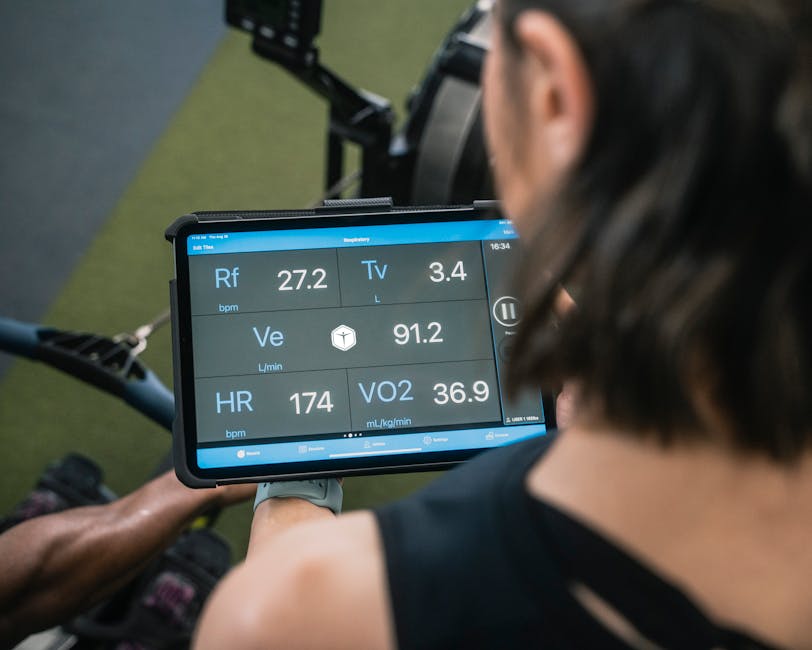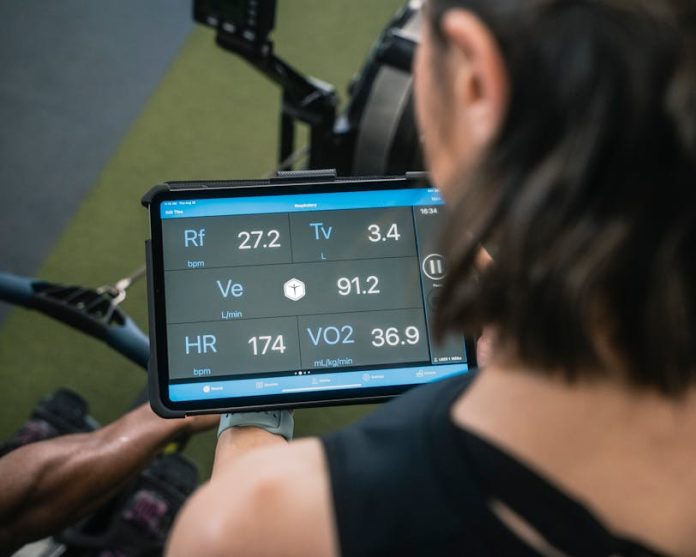
Imagine a future where your very breath holds the key to your health, your identity, and even your digital footprint. No more forgotten passwords, no more invasive blood tests for routine check-ups. This isn’t science fiction; it’s the burgeoning field of “breathprint” technology, poised to revolutionize how we interact with our health and the world around us.
For centuries, the human breath has been a subtle indicator of health, from the sweet scent of diabetes to the tell-tale signs of lung disease. But now, cutting-edge science is taking this ancient observation to an unprecedented level of precision. Every exhale contains a unique cocktail of Volatile Organic Compounds (VOCs) – tiny molecules that are byproducts of our metabolism, diet, environment, and even our emotional state. These VOCs act as invisible biomarkers, a personal signature floating in the air.
Sophisticated sensors, powered by artificial intelligence and machine learning, are now capable of analyzing these complex breath patterns with incredible speed and accuracy. These devices, ranging from handheld gadgets to integrated systems, can identify specific VOC profiles associated with a myriad of conditions long before symptoms even appear. Think early detection of cancers, diabetes, kidney disease, respiratory infections, and even neurological disorders, all from a simple, non-invasive breath test.
Beyond diagnostics, the implications for identity authentication are equally profound. Just as unique as your fingerprints or iris scan, your breathprint could serve as an “invisible ID.” Imagine unlocking your phone, gaining access to secure buildings, or verifying online transactions with a mere puff of air. This offers a highly secure and convenient biometric, far less susceptible to theft or replication than traditional methods.
The benefits are immense: early disease detection leading to more effective treatments, personalized health monitoring that adapts to your daily life, and seamless, secure identity verification. It promises a future of proactive healthcare, where wellness is tracked continuously and interventions are timely. For industries like travel, banking, and cybersecurity, it offers a new paradigm of secure, user-friendly authentication.
However, with great power comes great responsibility. The prospect of such intimate biological data being collected and analyzed raises critical questions about privacy, data security, and potential misuse. Who owns this “breathprint” data? How will it be protected from breaches or discriminatory uses? Ensuring robust ethical frameworks and stringent data governance will be paramount as this technology evolves.
The “Invisible ID” of your breath is no longer a distant dream but a rapidly approaching reality. While challenges remain, the potential for a healthier, more secure, and more convenient future, powered by nothing more than your next exhale, is breathtakingly exciting. We are on the cusp of a revolution where your most natural bodily function becomes a powerful tool for well-being and identity.

